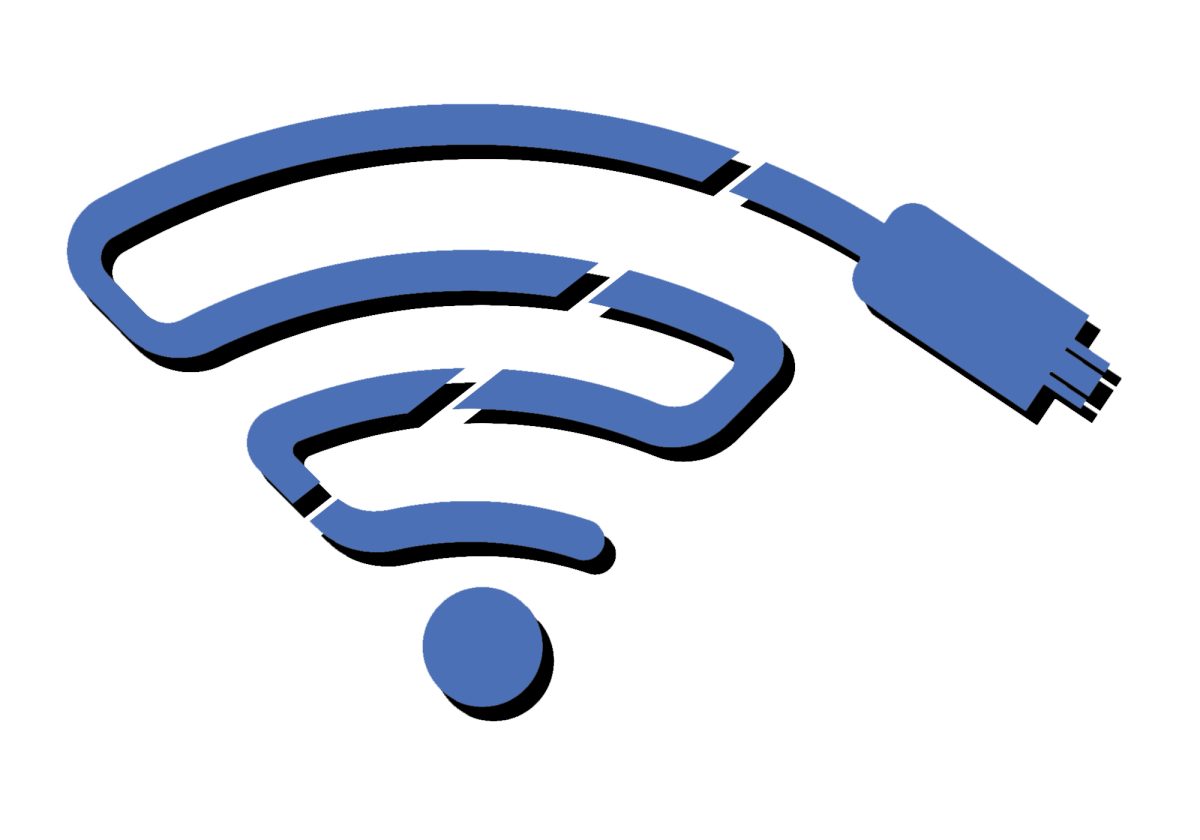Health Service prepares for Eastern’s tobacco ban
May 20, 2015
With the Illinois Smoke Free Campus Act set to take effect July 1, members of Eastern’s Health Service plan to assist students with adapting to the change to help them reap the potential health benefits.
The act will prohibit the use of all tobacco products on Eastern’s campus, both indoors and outdoors. The act specifies that buildings, grounds, parking lots and university-owned vehicles are included in the ban, though private vehicles traveling through campus are not included.
Students and faculty were informed about the upcoming campus-wide ban through email on May 1.
Sheila Baker, the medical director of Health Service, said implementing the act would provide a healthy environment for students, staff and visitors.
“It’s really to promote a healthy campus and to improve the health of our campus that will be smokeless and (have) less air pollution,” Baker said. “It’s really to benefit the health of the community by limiting exposure to smoke and tobacco to all of us.”
Eric Davidson, the associate director of Health Service, said 20 percent of college students report to never having used tobacco products before college.
Davidson said he hopes the plan will limit the amount of students who begin to use tobacco products while at college, and the plan may help students academically.
“When we look at tobacco use, particularly those who tend to be more frequent users, we see them in Health Service more because of upper respiratory infections,” Davidson said. “We know unhealthy students tend to be less academically successful because they are having to miss class and are not able to focus.”
Amanda Harvey, the associate director for Health Education and Promotion, said implementing the plan might help students to stop using tobacco products.
“It is going to lessen the amount of triggers, so the people who are trying to quit, they are not walking outside and having smoke blown in their face,” Harvey said. “It’s like any kind of advertisement; if they are seeing it, then they may get that craving. If we are reducing the amount of people on campus doing this, then they are not going to have as many triggers.”
Baker said many people would like to stop smoking, and she thinks the act will give individuals another reason to.
To help individuals adjust to the tobacco ban, Davidson said Health Service is attempting to create an educational program to inform people that the policy is in effect and what the act means.
Davidson also said The Freedom from Smoking Cessation Clinic will be offered through the American Lung Association.
The program will be offered to students and faculty, and the price will be $30 for students and $75 for faculty.
Baker said the health clinic would help students who are attempting to quit smoking or using tobacco products by prescribing nicotine replacement products and medications.
Additionally, the Tobacco Coalition, consisting of members of Health Service and other offices, plans to promote the new policy through marketing by placing banners and signs around campus and in buildings.
According to the act, the governing board of the university must implement this act and enforce policies in manners including but not limited to disciplinary action, fines and an appeals process.
Chris Picazo can be reached at 581-2812 or cepicazo@eiu.edu.






![[Thumbnail Edition] Eastern Illinois University baseball's hitting coach and recruiting coordinator Mike Pugliese urges players on the team to increase their effort after a slow start to its pregame routine at the team's first intrasquad scrimmage of the season at O'Brien Field on Jan. 31, 2025.](https://www.dailyeasternnews.com/wp-content/uploads/2025/03/BB_02_O-1-e1741909628540-1200x702.jpg)
![[Thumbnail Edition] Senior tennis player Luisa Renovales Salazar hits the tennis ball with her racket at the Darling Courts at the Eastern Illinois University campus in Charleston, ILL.](https://www.dailyeasternnews.com/wp-content/uploads/2025/03/Tennis_01_O-1-e1741807434552-1200x670.jpg)


![[Thumbnail Edition] Senior right-handed pitcher Tyler Conklin pitching in the Eastern Illinois University baseball team's intrasquad scrimmage at O'Brien Field in Charleston, Illinois on Jan. 31.](https://www.dailyeasternnews.com/wp-content/uploads/2025/03/TC_01_O-e1741567955534-1200x669.jpg)






![[Thumbnail Edition] Senior, forward Macy McGlone finds an open teammate to pass the ball too during the game against the Tennessee State Tigers 69-49, in Groniger Arena on the Eastern Illinois University campus, Charleston Ill.](https://www.dailyeasternnews.com/wp-content/uploads/2025/03/WBB_02_O-1-e1741228987440-1200x692.jpg)


















![E[Thumbnail Edition] Eastern Illinois softball freshman utility player Abbi Hatton deciding to throw the softball to home plate in a fielding drill during softball practice at the field house in Groniger arena on Tuesday Feb. 11.](https://www.dailyeasternnews.com/wp-content/uploads/2025/03/SB_03_O-e1741208880750-1-e1741209739187-1200x815.jpg)
















![The Weeklings lead guitarist John Merjave [Left] and guitarist Bob Burger [Right] perform "I Am the Walrus" at The Weeklings Beatles Bash concert in the Dvorak Concert Hall on Saturday.](https://www.dailyeasternnews.com/wp-content/uploads/2025/03/WL_01_O-1200x900.jpg)
![The team listens as its captain Patience Cox [Number 25] lectures to them about what's appropriate to talk about through practice during "The Wolves" on Thursday, March 6, in the Black Box Theatre in the Doudna Fine Arts Center in Charleston, Ill.](https://www.dailyeasternnews.com/wp-content/uploads/2025/03/WolvesPre-12-1200x800.jpg)


















